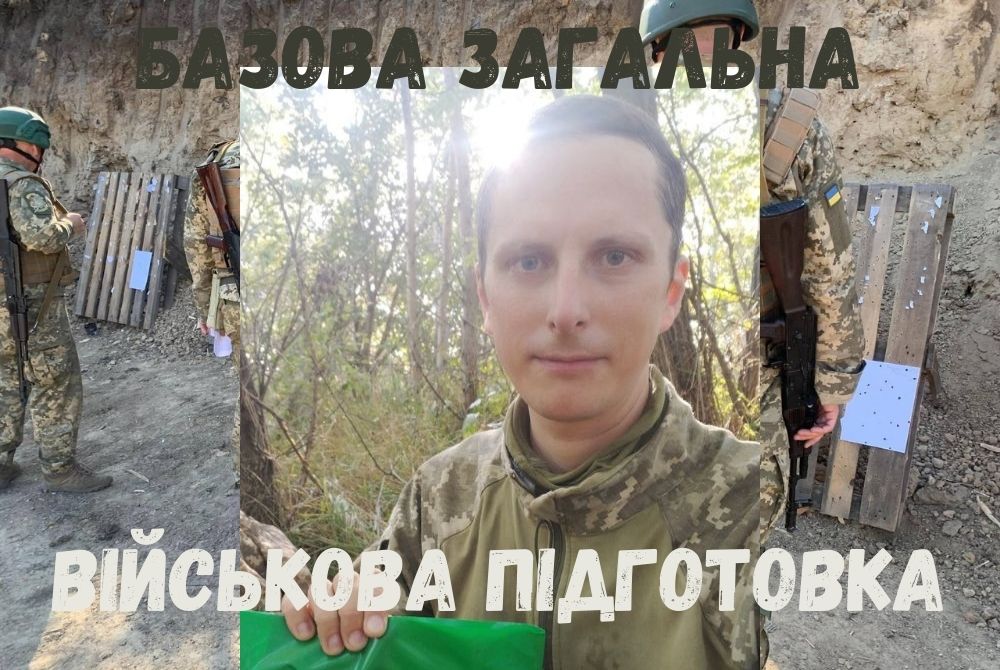Today was the day of the oath. It’s a little difficult to describe everything. Because, on the one hand, symbolically, it is a very important and special day. On the other hand, as I wrote in my previous article, our army is currently trying to simplify all formalities as much as possible and minimize various delays.
Even before joining the army, I was a person who couldn’t stand various formalities. But I firmly believe that the oath is definitely not a formality.
The oath is somewhat reminiscent of a wedding ceremony. When the bride and groom are married and make a promise before God. Outwardly and legally, it has no weight or power. But inwardly, it has great value and significance.
Watching the process, it occurred to me that, ideally, it would be good to have some preparation for the oath. So that a person, for themselves, understands well what service is. What is service to the Ukrainian people? Why should we serve them? What does it mean?
In order for the reader to have the opportunity to understand and feel at least a little, I will write the text of the oath:
“I, (full name), enter military service and solemnly swear to the Ukrainian people to always be loyal and devoted to them, to defend Ukraine, to protect its sovereignty, territorial integrity, and inviolability, to conscientiously and honestly perform my military duty, to obey the orders of my commanders, to strictly adhere to the Constitution of Ukraine and the laws of Ukraine, and to preserve state secrets.
I swear to perform my duties in the interests of my compatriots. I swear never to betray the Ukrainian people!
As the commanders said, before the contract system was introduced, a soldier’s life was divided into before and after the oath. They said that a soldier has two most important days – his birthday and the day of his oath 🙂
Now, from a legal and formal point of view, our lives are divided by the day we sign the contract.
As I said, the external and formal aspects of the oath-taking process have been simplified as much as possible. We practiced it only once for about half an hour. We did not practice marching and other elements. Moreover, the commander said that if you “messed up” something, didn’t say something, or said something wrong, it wasn’t a problem. The main thing was to continue confidently, without turning back.
I think that’s good. I remember the stories of the old-timers who were in the army back in the Soviet days. I remember how they talked a lot about how the collar had to be tucked in, the badge had to be polished, you had to march like this, you had to say the words exactly like this, and so on. In other words, the soldier’s whole head and all his memories were filled with these details. That’s why that’s what they talked about.
Now, however, all external trappings have been removed. On the other hand, several commanders said in their speeches that they want us to keep the words of the oath in our hearts forever.
The main thing is not how I fastened my collar, but what I promised, what I swore to do.




